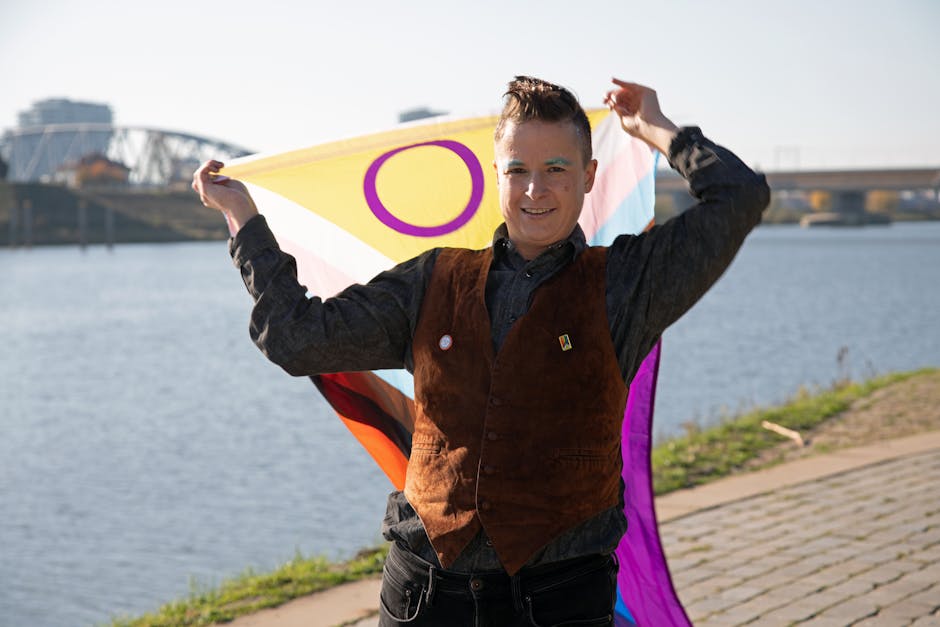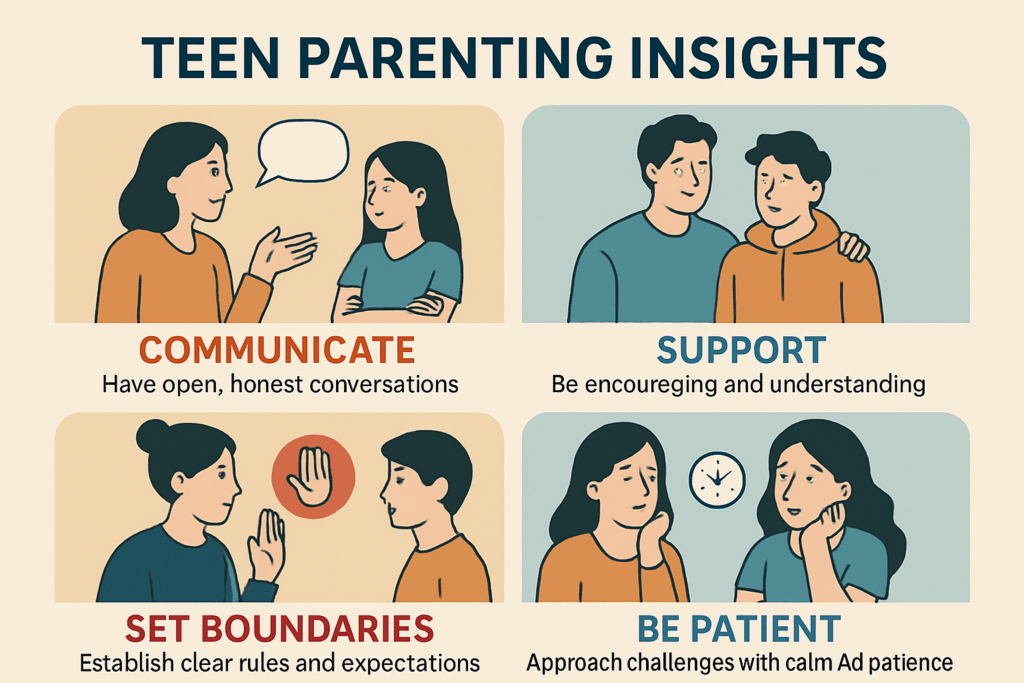Moments That Reshape Everything
Receiving a diagnosis for a child’s special needs is a moment that divides life into a before and an after. For many parents, those first words from a doctor or specialist are seared into memory a mix of uncertainty, fear, and an overwhelming love they didn’t know had layers yet to be discovered.
The Day Everything Changed
Every family’s story begins in its own way. Some parents notice signs early on missed milestones, behavioral differences, quiet gut instincts that something is different. For others, the shift happens in an instant, with a diagnosis delivered in a sterile office or hospital room.
A mother recalls a pediatrician’s gentle voice saying, “You might want to see a specialist.”
One couple shares how they Googled every term on the diagnosis sheet in their car, trying to make sense of a new world.
A father describes feeling like the floor gave out beneath him then tightening his grip on hope.
These moments don’t always come with answers. But they come with new questions, a stronger bond, and step by step resilience.
The Emotional Landscape
The reaction to a diagnosis isn’t one size fits all. Parents describe a swirling mix of emotions fear for the future, guilt over past assumptions, and bursts of fierce protectiveness.
Confusion: Struggling to understand medical jargon or next steps
Courage: Choosing to move forward despite the grief of letting go of old expectations
Commitment: Vowing to advocate, to learn, and to love even harder
As one parent shared, “I didn’t know what to do, but I knew I’d do it with everything I had.”
On the Front Lines
These early days are where many parents find unexpected strength. They become researchers, organizers, and relentless champions for their children. They also learn quickly: there’s no time for self doubt, just time to take the next small but meaningful step.
These stories are rarely spotlighted on the evening news but they echo daily in homes everywhere, where quiet acts of love lay the foundation for big futures.
Everyday Wins That Don’t Make Headlines
Sometimes, the biggest victories don’t come with applause. They happen quietly, at the kitchen table or near the worn out shoes by the front door. A single word spoken clearly. A new step, wobbly but determined. For parents raising children with special needs, these moments land hard because behind each one is a mountain of effort, repetition, and love.
First words might come years later than expected. First steps might take a team of therapists and months of trial and error. But when they happen, they matter more than a hundred report cards or trophies. These small milestones are proof of progress. They’re the result of showing up, again and again, even on impossible days.
That’s why routines count. Not just schedules, but steady habits built around patience, persistence, and pride. Celebrate the small stuff. Document it, share it, repeat it. It’s not about catching up to someone else’s timeline it’s about recognizing how far you’ve come on your own terms.
Moving forward can mean inching forward. And that’s enough.
The Power of Community

No one signs up for this journey thinking they’ll take it alone. And yet, in the early days after a diagnosis, it often feels that way a sea of questions, appointments, and emotions that don’t fit into a search bar. That’s where support groups come in.
Online forums, local meetups, Facebook communities, Zoom chats they all matter. These spaces become lifelines. Tips shared in comments. Rants you don’t have to explain. Late night messages from strangers who somehow understand more than your closest friends. That’s the quiet power of people who’ve been there.
Plenty of parents tell the same story: They found connection just when they were starting to unravel. One mom met her now best friend in a waiting room. Another family discovered a neighbor two streets over walking the same path. What brings them together isn’t just experience it’s recognition. And that recognition turns distance into belonging.
Support like this doesn’t fix everything. But it lightens the load. Shared experience becomes shared strength, and that can change the whole game.
Voices That Matter
Children with special needs often become the best teachers their families never expected. Through their pace, their perspective, and their presence, they challenge assumptions and force a slowed down, more attentive way of living. Parents talk about how their children help them see value in the small stuff a smile, eye contact, the calm in quiet moments. It’s not magic. It’s a shift. And it sticks.
Siblings play a part most people don’t see coming. They step into roles beyond their years helpers, advocates, protectors but also become better humans for it. It’s not always easy. There’s real weight in growing up with extra responsibility. But it brings empathy, grit, and, yes, strength that doesn’t need showboating.
For families, the biggest takeaway isn’t just about surviving or adapting. It’s about learning. Raising a child with special needs invites households to build real respect for differences, for emotional honesty, and for each other. You stop comparing. You start listening. And along the way, you realize it’s not just about raising the child. It’s about all of you rising together.
From Isolation to Empowerment
Advocacy doesn’t start on a stage. It usually begins in a living room after the appointment, after the diagnosis, after the moment when everything shifts. For many parents raising kids with special needs, activism grows out of necessity. One question leads to another, one roadblock uncovers three more. And pretty soon, they realize if no one else is going to fight for change, they’ll do it themselves.
Some start small: writing honest blog posts, sharing unfiltered stories that help other parents feel less alone. Others create local support groups, Zoom meetups, or message boards. A few step up even further launching nonprofits, speaking to school boards, pushing legislation. Their voices are shaped by lived experience, not theory.
Through all of this, powerful lessons emerge. True inclusion means thinking beyond ramps and resource rooms it’s about shifting mindsets. Accessibility isn’t charity, it’s a right. And every outdated stereotype challenged by real stories makes the system stronger for the next family.
These parents didn’t sign up to be advocates, but life handed them the mic. And they’re using it.
For New Parents Just Starting Out
Most parents who’ve walked this path will tell you the same thing: nothing goes exactly to plan and that’s okay. Veteran moms and dads raising kids with special needs often say the biggest curveball wasn’t the diagnosis, but the long list of expectations they had to unlearn. Milestones might look different. Progress might come slowly. But meaning? That shows up in surprising places.
Here’s what seasoned parents wish they’d known early on: don’t play the comparison game. Your child’s timeline isn’t broken. It’s just theirs. Let go of the urge to keep pace with anyone else. Instead, learn to see victories in everyday moments a calm car ride, a shared smile, a new word.
Also, reframe the story. You’re not just managing challenges; you’re building something strong, and often beautiful. This isn’t about settling it’s about seeing. Being present. Changing the narrative from deficit to dignity.
There will be days that wear you down. But you won’t stay there. Because like countless others, you’ll keep showing up and figuring it out. And luckily, you’re not in it alone. For honest, real world advice from those living it, you’ll also want to check out these first time parent stories.


 Family Activities & Lifestyle Contributor
Family Activities & Lifestyle Contributor
